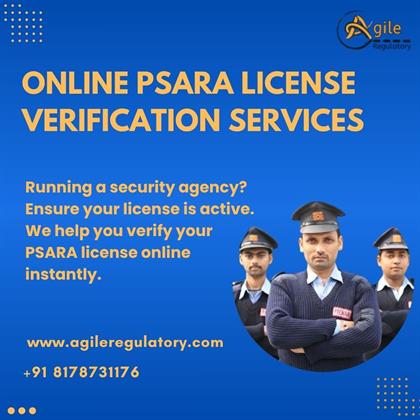
Navigating International Trade Regulations for Electronics: A Key to Seamless Exports
April 21, 2025
Understanding the Regulatory Framework
Each country has its own set of rules for the import and export of electronic goods. These regulations encompass product safety, electromagnetic compatibility (EMC), energy efficiency, and environmental compliance (such as e-waste or RoHS). For instance, the European Union requires CE marking, while the United States may require FCC approval for certain devices. In India, the Bureau of Indian Standards (BIS) mandates CRS certification for many electronics prior to export.
Failure to comply with the required standards can result in denied market entry, legal penalties, or damaged brand reputation. Therefore, exporters must invest in understanding both domestic and destination-country compliance requirements before entering global markets.
Documentation and Certification Essentials
When exporting electronics, certain documents and certifications are typically required, such as:
Commercial invoice and packing list
Certificate of Origin
Test reports and safety certifications
Import permits from destination country (if applicable)
Labeling and packaging compliance
BIS CRS Certificate (for Indian exports)
Proper documentation not only ensures smoother customs clearance but also instills buyer confidence. Additionally, many countries now demand compliance with eco-labeling and recycling norms, further highlighting the need for thorough preparation.
Trade Barriers and Custom Duties
Non-tariff barriers such as technical standards, product labeling, and safety norms are often more complex than tariff-related concerns. Exporters must stay updated on bilateral and multilateral trade agreements, free trade zones, and country-specific tariffs. Leveraging these trade mechanisms can reduce costs and increase competitiveness.
Furthermore, electronics exporters must stay alert to changing policies, such as bans on certain hazardous substances, cybersecurity regulations, or embargoes that may affect the legality of exporting to specific regions.
Role of Compliance Experts and Consultants
Given the high stakes and intricacy of regulatory compliance, many electronics exporters choose to engage with professional consultants who specialize in international trade regulations. These experts help businesses navigate country-specific laws, obtain necessary certifications, and streamline documentation.
How Agile Regulatory Can Help
has over 12 years of experience in helping exporters, manufacturers, and traders manage their regulatory needs across industries. For electronics exporters, we offer complete support—from BIS CRS certification, WPC approvals, and CE/FCC marking assistance to documentation and international compliance advisory. Our team ensures that your products meet all technical and safety standards required in target countries. We handle the complexities so that you can focus on scaling your business globally. Whether you're entering new markets or expanding your export volume, Agile Regulatory is your trusted partner for seamless global operations.
Conclusion
Exporting electronics to international markets holds immense promise, but success lies in strict adherence to regulatory requirements. Understanding the nuances of product certification, country-specific laws, and evolving trade policies is essential to avoid pitfalls. With the right preparation, documentation, and expert support, businesses can unlock vast opportunities and maintain a competitive edge in the global electronics market.
You Might Like Also

Maximizing Your Business with the MD 42 License

How to Start a Pharmacy Business with a Drug License

















